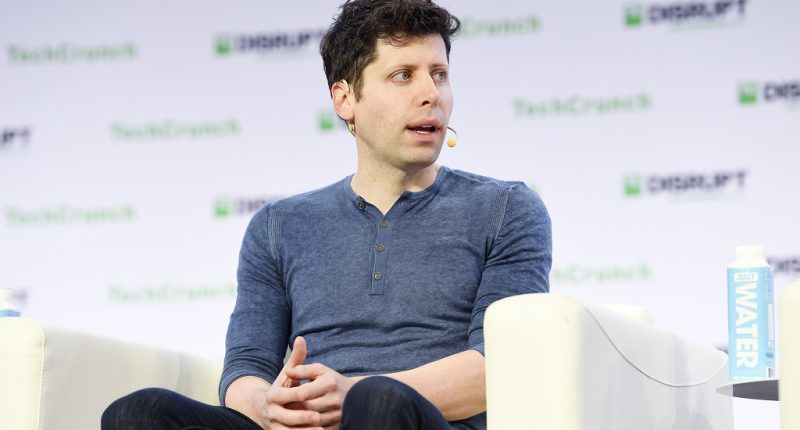OpenAI, the ChatGPT maker that has been behind the recent AI surge, is now looking for alternatives to avert the shortage of expensive AI chips it needs, to run those advanced AI models. These chips, which are costly and have a limited availability – could soon be made in-house by the Sam Altman AI upstart. According to a Reuters report, OpenAI is exploring possible in-house making of such chips, though no decision has been made and it is still early days.
This strategic thought process though, marks a significant shift in OpenAI’s approach to addressing the costly and constrained AI chip supply chain. The report says that OpenAI is even mulling over a potential acquisition, according to people who are familiar with the matter. Microsoft, a primary backer of OpenAI, is also deeply entrenched in the development of custom AI chips.
OpenAI finds itself at the forefront of a pressing issue in the AI industry – the shortage of advanced AI chips. These chips, which serve as the computational backbone for AI models like ChatGPT, have become increasingly scarce on a global scale. This scarcity has led to a bottleneck in OpenAI’s operations and prompted a strategic rethink. At the helm of OpenAI is CEO Sam Altman, who recognizes the role that advanced processors play in powering the company’s cutting-edge AI software. In internal discussions disclosed to Reuters, Altman has underscored the criticality of securing a robust supply of costly AI chips, making it a top priority.
One of the central challenges OpenAI faces is the overwhelming dominance of Nvidia in the GPU market, particularly in GPUs tailored for AI applications. With over 80% of the global market share, Nvidia holds a commanding position. This market control poses a significant impediment to OpenAI’s operations, as the company relies heavily on Nvidia GPUs to fuel its AI endeavours and ambitions.
In response to the chip shortage, OpenAI has embarked on a journey of exploration, considering a spectrum of solutions. These range from the pursuit of building its own custom AI chips to forging closer collaborations with established chip manufacturers like Nvidia. Additionally, diversifying chip suppliers beyond Nvidia has been explored as part of OpenAI’s strategic blueprint. However, it’s crucial to note that, as of now, OpenAI has not made a definitive decision regarding the path forward, so the final decision is still awaited.
Underpinning this quest for AI chip self-sufficiency are the exorbitant costs associated with running the hardware necessary for OpenAI’s ambitious projects. Notably, ChatGPT, OpenAI’s flagship AI language model, is developed on a colossal supercomputer constructed by Microsoft, powered by thousands of Nvidia GPUs. Analysts estimate that each ChatGPT query exacts a cost of approximately 4 cents, placing a substantial financial burden on OpenAI.
Nonetheless, even if OpenAI commits to developing custom AI chips, including the potential acquisition of a chip company, the timeline for implementation is anticipated to span several years. During this transitional phase, OpenAI is likely to remain dependent on commercial providers such as Nvidia and Advanced Micro Devices to meet its immediate chip needs.
The Tech Portal is published by Blue Box Media Private Limited. Our investors have no influence over our reporting. Read our full Ownership and Funding Disclosure →






